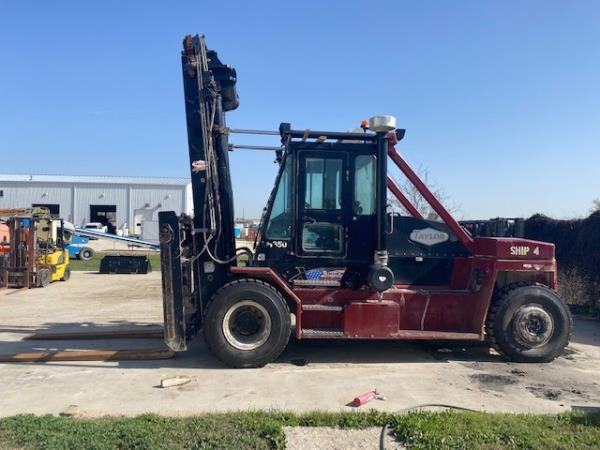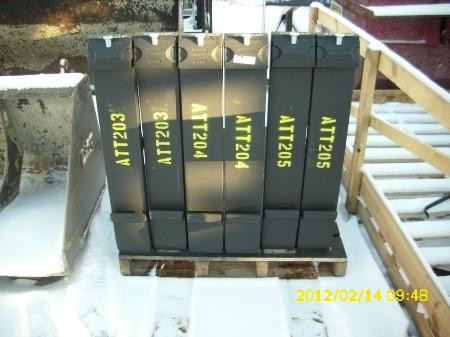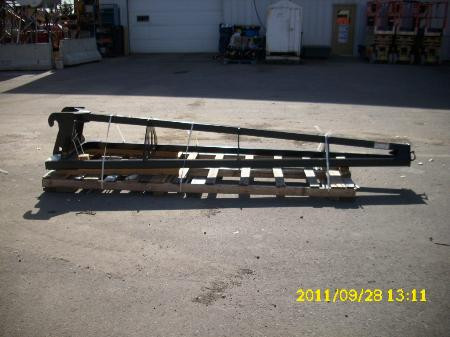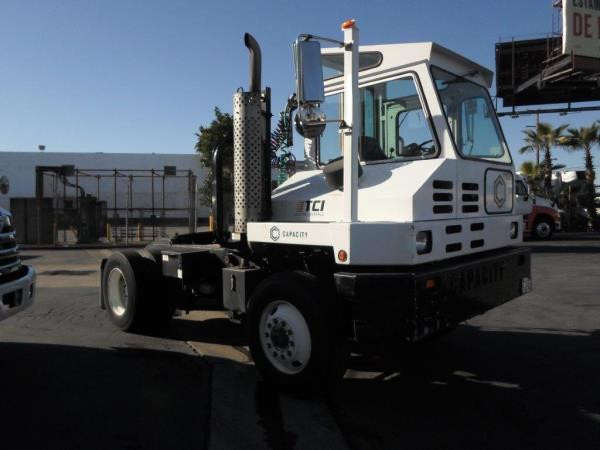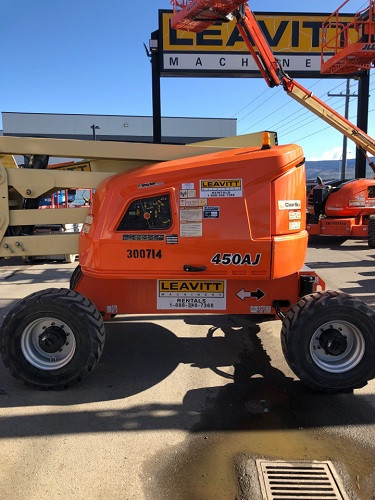
Snorkel Scissor Lifts El Paso
Scissor lifts use a platform upon a scissor-like mechanism in order to raise and lower employees. This machine is just made to lift vertically. The apparatus which is responsible for lowering and raising the scissor lift is made from linked and folding supports that are designed in a crisscross or an x-shaped pattern.
By applying pressure to the outside of the lowest set of supports, upward motion is achieved by elongating the crossing pattern, the platform propels in a vertical way. Product specifications for scissor lifts consist of width, stroke, length and capacity. The difference between the devices's completely elevated and completely lowered position is referred to as the stroke. The platform's longest dimension is known as the length. Capacity is the maximum force or load supported by the scissor lift. The narrowest dimension of the lift is its width.
There are a variety of scissor lifts o the market, with some options comprising dock lifts, vehicle lifts, personnel lifts, pallet trucks and table lifts. Utility containers or carts are rectangular or round devices that have wheels. These equipment items are used in general purpose instances and normally seen in bulk material transport.
Dock lifts are particularly designed scissor lifts utilized mostly on loading docks to raise and lower employees. The table lift is used mainly to raise items for ergonomic access. Personnel lifts are utilized to lower and lift individuals to heights so they could carry out certain tasks or store materials and so on. Pallet jacks or pallet trucks are trucks or carts that are equipped with forks designed to engage pallet slots.
Scissor lifts are most frequently used as lift tables and as personnel lifts, they could be built into pallet jacks. In industrial environments, lift tables are chosen for lifting and positioning loads and materials. Personnel lifts are a part of the aerial lift type. Man lifts are another facet of aerial lifts that consist of MEWP or mobile elevated work platforms, bucket trucks and cherry pickers.
- CAT Container Forklift El Paso
CAT has engineered and designed numerous pieces of machinery to get the task completed. These machines could effectively handle empty containers for stacking in a safe manner, or could load and unload between barges, road... More - Mitsubishi Counterbalance Forklifts El Paso
Workplace accidents and injuries on construction sites unfortunately occur more frequently than anyone would like. Based on statistics, a huge majority of these incidents happen because of inadequate or wholly absent protocols and safety training.... More - Terex Articulated Boom Lifts El Paso
Types of Boom Lifts or Construction Lifts A boom lift is a piece of machinery which enables workers to perform tasks without having to build a scaffolding. They are used to do maintenance work, to... More - Jungheinrich Narrow Reach Forklifts El Paso
Lift Truck Battery Safety The power to run electric lift trucks is supplied by huge industrial batteries that need to be charged regularly and maintained properly. Safety measures should always be followed while someone connects... More - Lull Zoom Boom El Paso
Lull Telehandlers Since the year 1959, Lull has been producing telehandlers. Their machines have been made for load placement with their patented Stabil-Trak stability system. This particular system provides much more accurate placement capabilities. Lull... More


